
In September, the Taitung County Government held the Slow Economy Sustainability Workshop, inviting notable experts such as Silicon Valley venture capital partner, David Wu; founder of Guppy Inclusive Ltd., Bill Lin; Executive Director of Town Way, Ho Pei-chun; and Jinshan Exploring Operations Director, Lai Chia-hua to serve as sustainability advisors. They engaged in deep discussions with 11 local teams from Taitung, sharing insights on brand management and business models to foster meaningful exchange and collaboration.
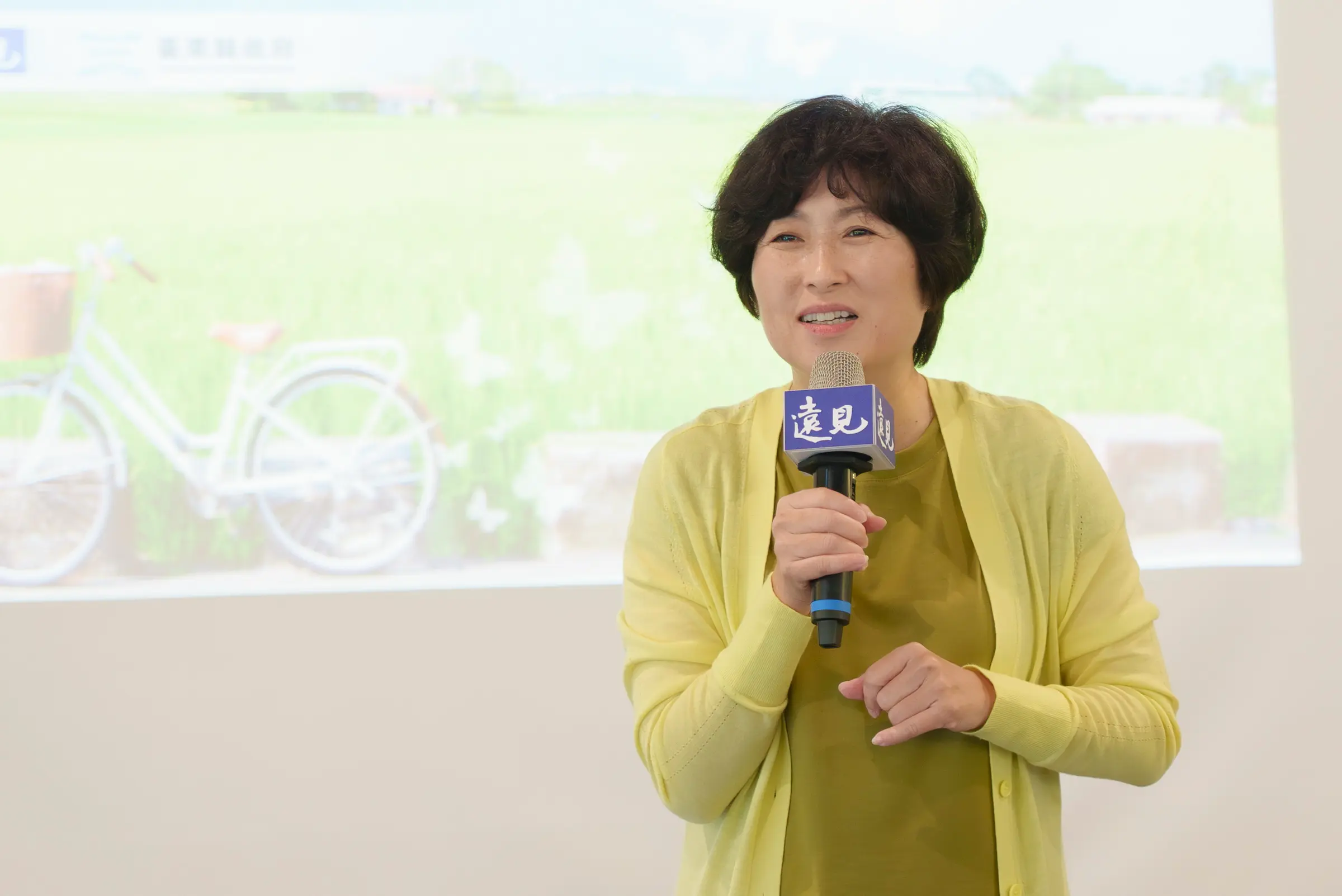
In September, the Taitung County Government held the Slow Economy Sustainability Workshop, inviting notable experts such as Silicon Valley venture capital partner, David Wu; founder of Guppy Inclusive Ltd., Bill Lin; Executive Director of Town Way, Ho Pei-chun; and Jinshan Exploring Operations Director, Lai Chia-hua to serve as sustainability advisors. They engaged in deep discussions with 11 local teams from Taitung, sharing insights on brand management and business models to foster meaningful exchange and collaboration.
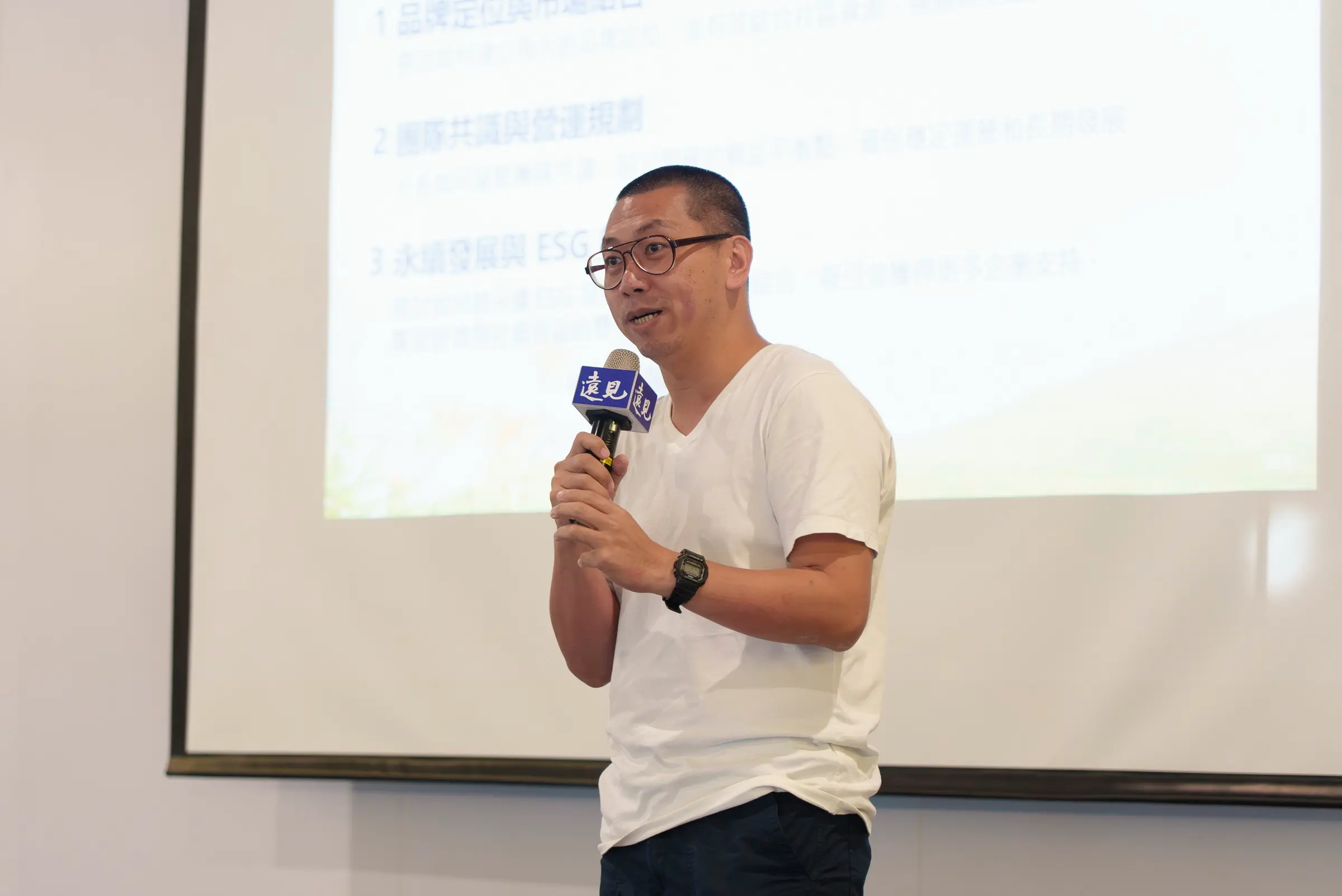
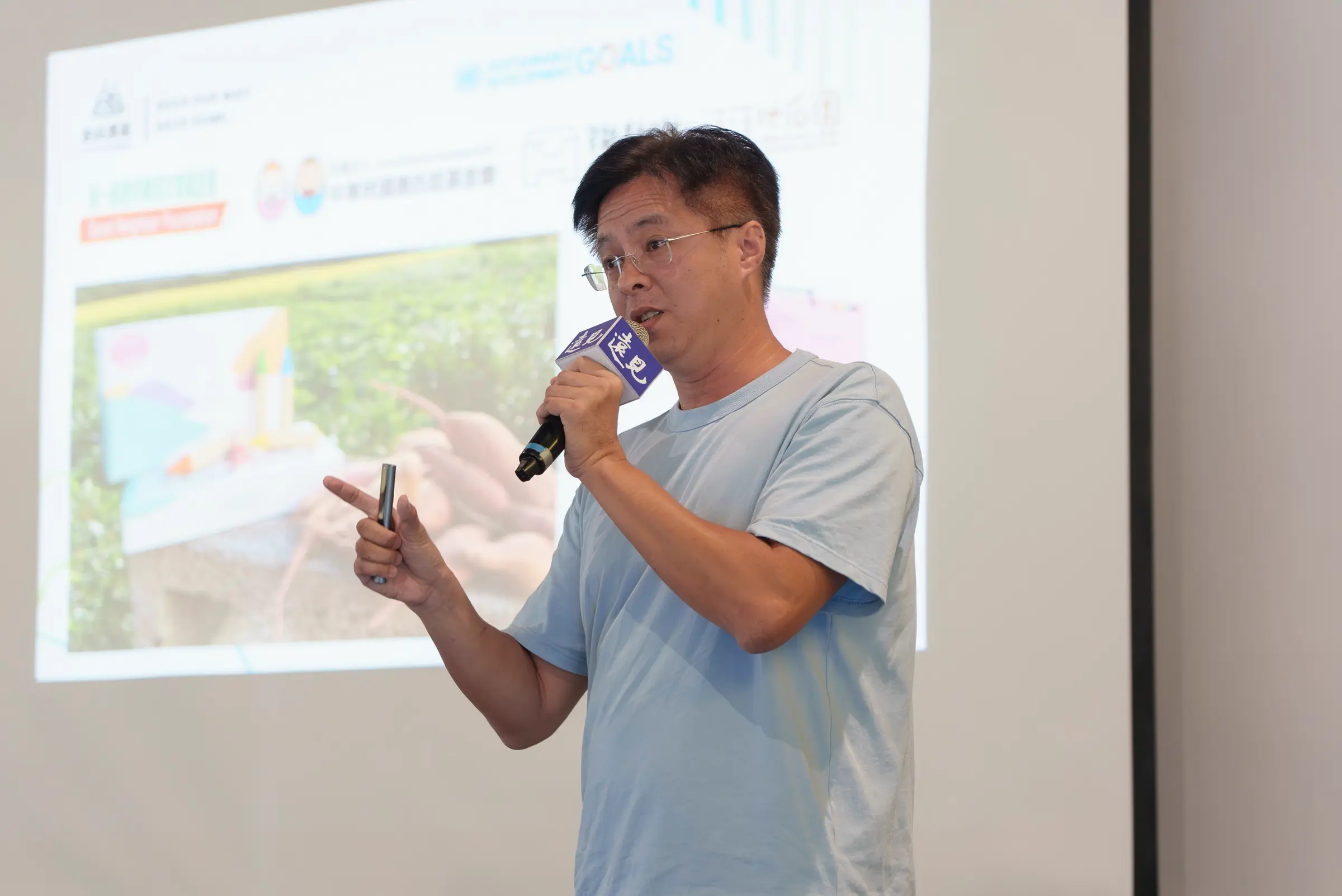
The Slow Economy Sustainability Workshop featured insights from advisor Ho Pei-chun, who shared his experiences in Nantou, focusing on how cross-border symbiosis can stimulate the local economy. He emphasized leveraging digital platforms and blockchain technology to showcase local uniqueness and cultural value, thus attracting more resources and investments. Advisor Lai Chia-hua also contributed by discussing his entrepreneurial journey in New Taipei City, detailing how he successfully led the transformation of local businesses and integrated hundreds of operators in Jinshan and Wanli to create a thriving tourism brand.
The 11 local teams from Taitung took the stage to share their current business situations and potential challenges, all striving to break through existing limitations. Among them, the “Zero-Carbon Coffee” by Hezuo Friendly Crops stood out. As Taiwan’s first zero-carbon footprint product, it minimizes carbon emissions throughout the entire process—from cultivation and manufacturing to purchase and disposal—making a tangible contribution to sustainable development. Meanwhile, Good Time Fruit has transformed Taitung’s sugar apple from a small farmer brand into a new-value agricultural product. They have successfully expanded their market presence by leveraging brand storytelling and combining agritourism and educational experiences.
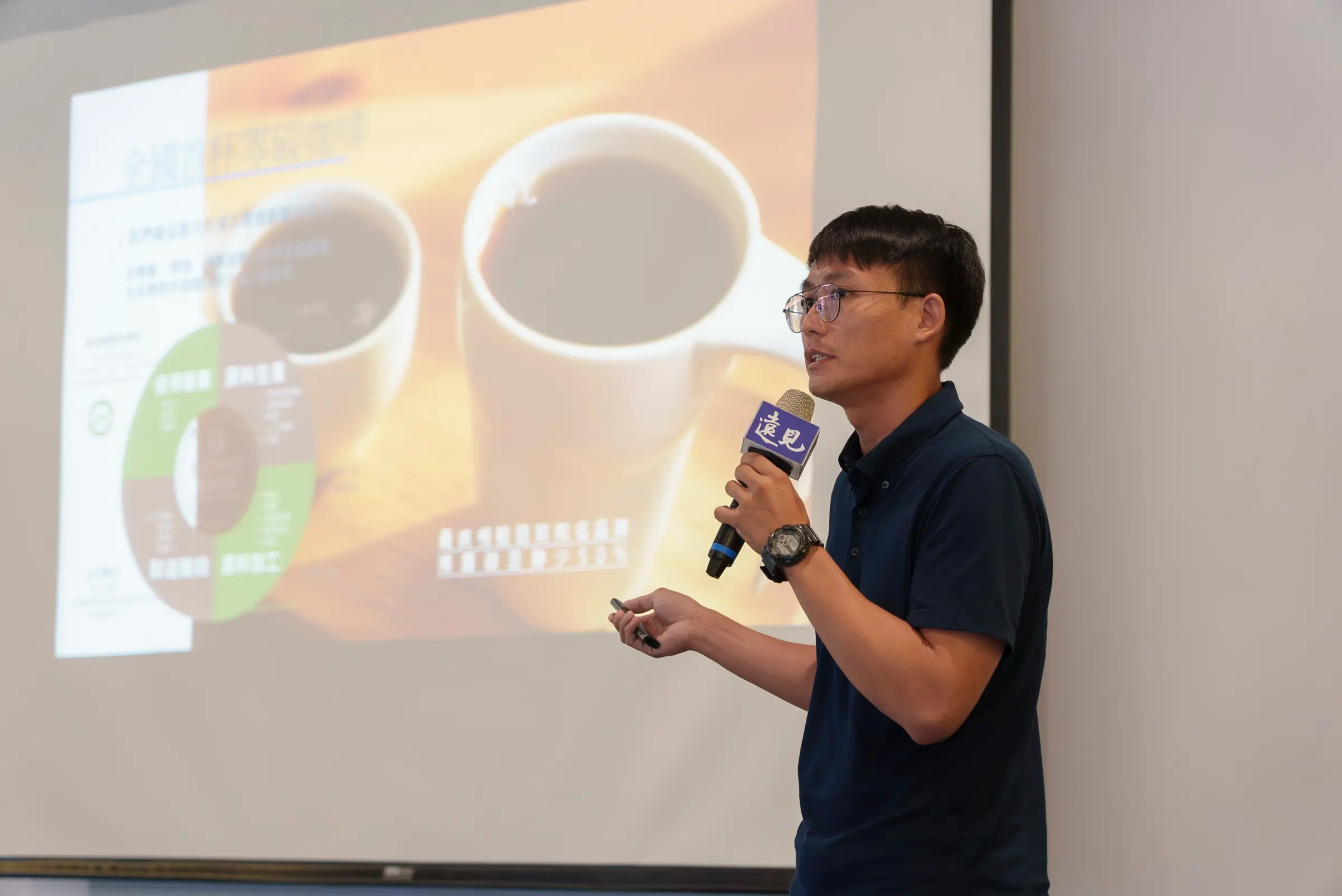
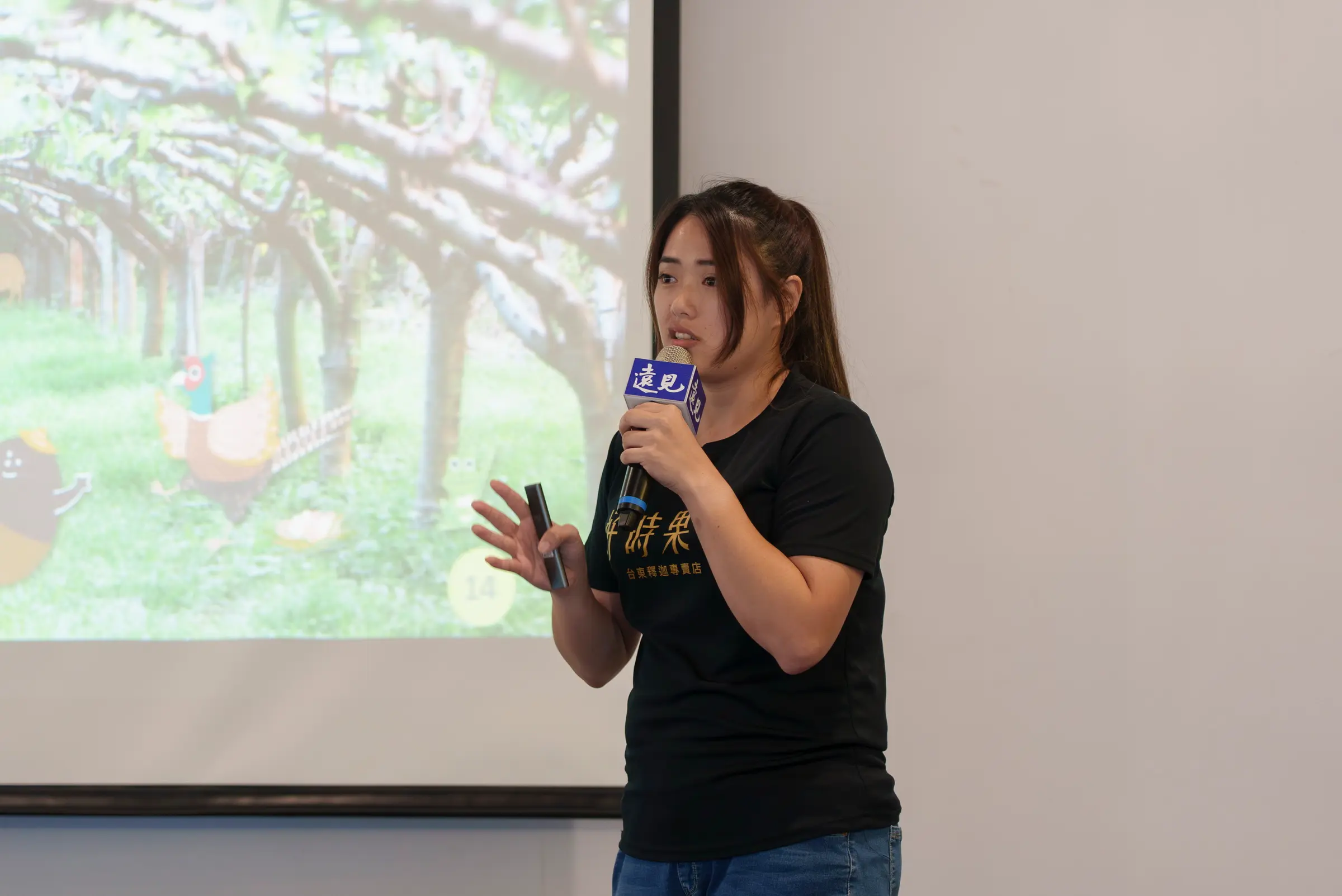
Taitung’s Slow Economy Sustainability Workshop, guided by an expert advisory team, has provided local industries with fresh global perspectives and sustainable business strategies. The county government will continue to promote the integration of local industries with the international market, positioning the “Slow Economy” as a new model for regional revitalization and a blueprint for future development.




